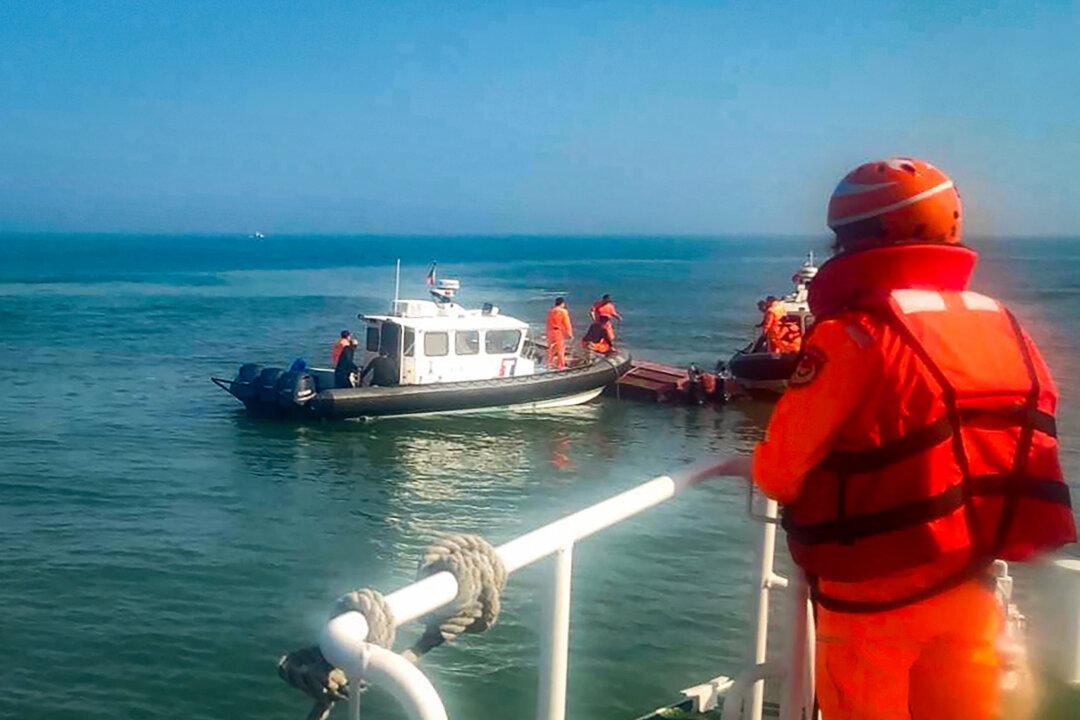In a provocative incident, the Taiwanese tourist boat King Xia was boarded and inspected by personnel from the Chinese Coast Guard in waters near Taipei’s Kinmen Islands on Feb. 19. The incident came five days after a Chinese speedboat capsized while being chased by a Taiwanese coast guard vessel, drowning two out of four fishermen on board.
The incidents fueled cross-strait tensions as Beijing has responded with increased patrols near the Kinmen Islands, which lie just under two miles offshore of China.





